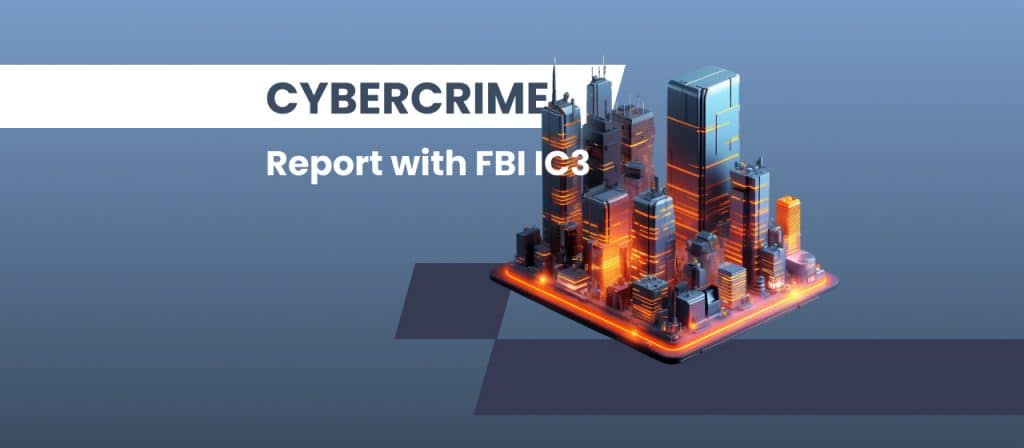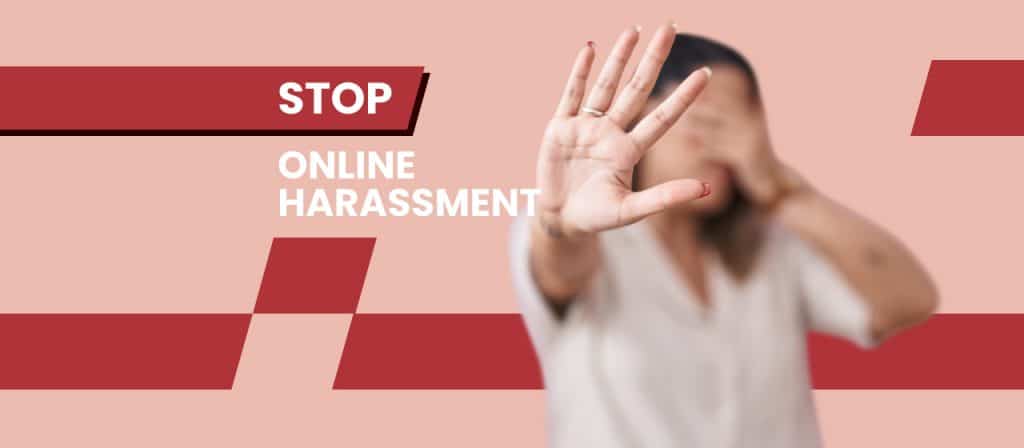Cybersecurity Consultant & Internal Security Educator
“Cybersecurity is a team discipline. I help organizations make it part of their daily habits.”
Laurent Kessler
Laurent Kessler is a cybersecurity strategist and technical advisor with over two decades of international experience. He designs, teaches, and operationalizes threat response processes inside organizations. His focus is on turning complex security theory into actionable internal systems. He prepares teams to respond effectively to both technical breaches and human-driven cyberattacks.
His approach is grounded in real-world practice. He has trained dozens of analysts, authored internal playbooks used across industries, and developed protocols to handle everything from insider threats to identity-based scams and targeted blackmail attempts.
Expertise
Laurent’s work lies at the intersection of digital threat defense, team education, and secure operations design. His key strengths include:
-
Incident response planning and live-scenario preparation
-
Internal security training for technical and non-technical staff
-
Development of SOPs and investigation workflows for digital threats
-
Recognition and mitigation of impersonation-based attacks, extortion, and fraud
-
Cross-border threat advisory for multi-jurisdictional cases
While his primary focus is on system security and operational resilience, Laurent has also contributed to frameworks addressing online fraud tactics, including sextortion, catfishing, and identity abuse, especially in cases where criminals operate outside U.S. jurisdiction.
Current Role
As an independent cybersecurity consultant and internal educator, Laurent supports private investigative teams, corporate security departments, and advisory groups. His role includes:
-
Designing in-house training programs for threat analysts and response teams
-
Advising on playbook creation for digital blackmail, data breaches, and identity-based abuse
-
Conducting tabletop exercises that simulate crisis events under realistic conditions
-
Helping teams build practical, repeatable responses to both technical compromises and psychological threat campaigns
Career Journey
Laurent’s cybersecurity work is informed by rigorous education and field exposure to evolving global threats.
-
Université de La Rochelle (France)
M.Sc. in Applied Computer Science, 2004
Focused on decentralized systems and cryptographic security. His graduate thesis explored behavioral vulnerabilities in distributed digital networks. -
Hong Kong (2005–2011)
Worked with a regional financial security firm as a penetration tester and risk assessor. Later led threat modeling for emerging social-engineering scams, especially those targeting cross-cultural and expatriate communities. -
California, USA (2012–2017)
Served as a senior architect for a cloud infrastructure company. Led internal response operations during major ransomware campaigns. Co-developed early frameworks for digital extortion handling and internal crisis containment. -
Indianapolis, USA (2018–present)
Works closely with U.S.-based investigation teams and security consultants. Provides internal guidance and training. Focuses on developing threat response cultures inside organizations, not just technical fixes.
Training & Internal Tools
Laurent’s work is embedded in company handbooks, simulation labs, and internal toolkits. Notable contributions include:
-
“Digital Response Under Pressure” – A hands-on training series for analysts and client-facing staff
-
“SecureOps: Internal Playbook Toolkit” – Used by companies in regulated industries to build and maintain response SOPs
-
“Behavioral Threat Recognition” – A structured guide for identifying impersonation-driven threats, including romantic fraud and extortion patterns
Professional Values
Laurent believes that effective cybersecurity is a balance of discipline, empathy, and clarity. His methods combine real-time insight with structured frameworks that teams can trust and apply.
-
Clarity. Everyone in the organization should know how to act under threat.
-
Accountability. A process only works if someone is responsible for it.
-
Human focus. Not all attacks are technical, and not all defenses should be either.
Personal Snapshot
A native of France, Laurent speaks fluent French and English, and conversational Cantonese. He lives in the U.S. Midwest with his family. He enjoys reverse-engineering vintage hardware, studying legal frameworks around digital rights, and mentoring new cybersecurity professionals behind the scenes.

Do You Need a Blackmail Lawyer? What They Do and How to Choose
It’s normal for victims of blackmail to feel helpless in the face of ongoing threats. Not only is the intimidation...

Tinder Sextortion & Blackmail Scam: What to Do If You’re Targeted
Tinder has become the face of online dating in the United States. A 2024 survey found that Tinder is the...

How to Make a Cybercrime Report with the FBI’s IC3
The launch of the World Wide Web in 1989 led to the rapid evolution into the cybersphere we know today....

Scammer Video Call Threats: How to Respond
When the world shut down in 2020, businesses turned to virtual communication methods to keep operations running. Many of these...

Stop Online Harassment: Staying Safe on the Internet
In 2021, Pew Research Center found that 4 in 10 American adults have experienced online harassment. The severity of the...

Signs Your Partner Might Be Cheating
Infidelity can wreak havoc on a relationship, leaving one partner grappling with betrayal and a cascade of emotions. Identifying infidelity...


